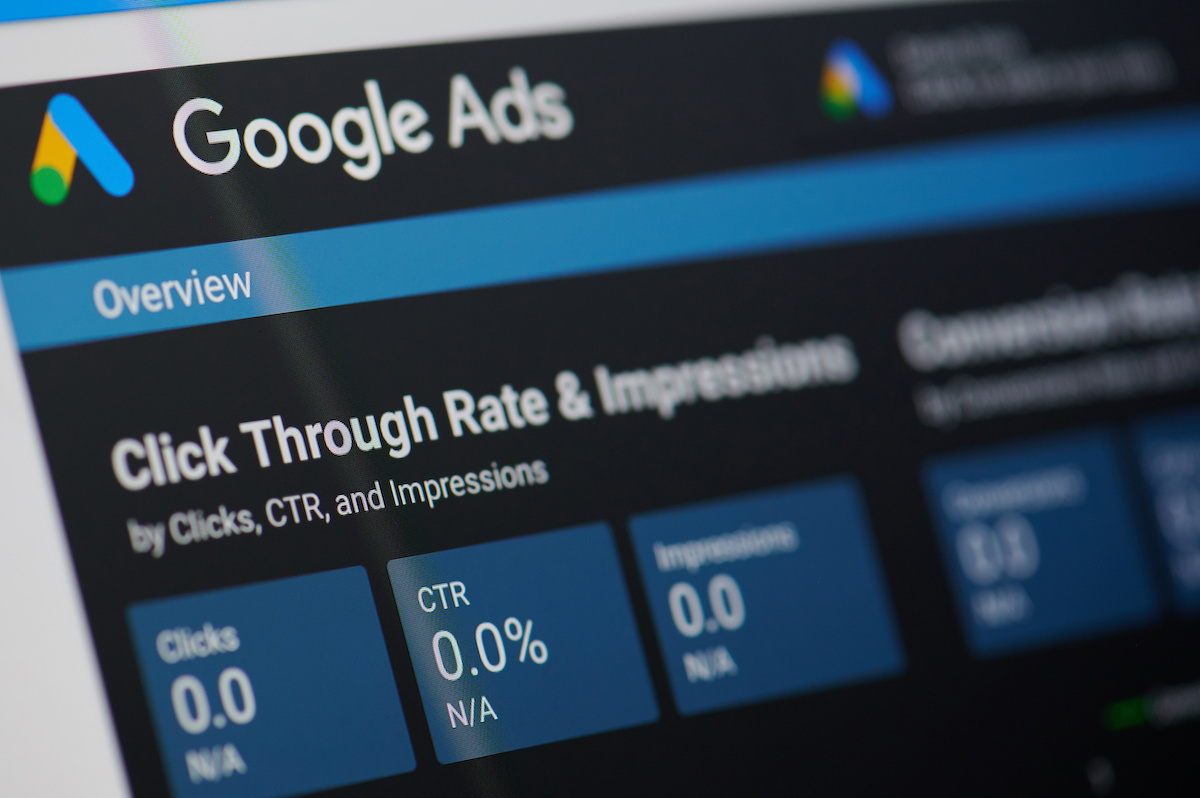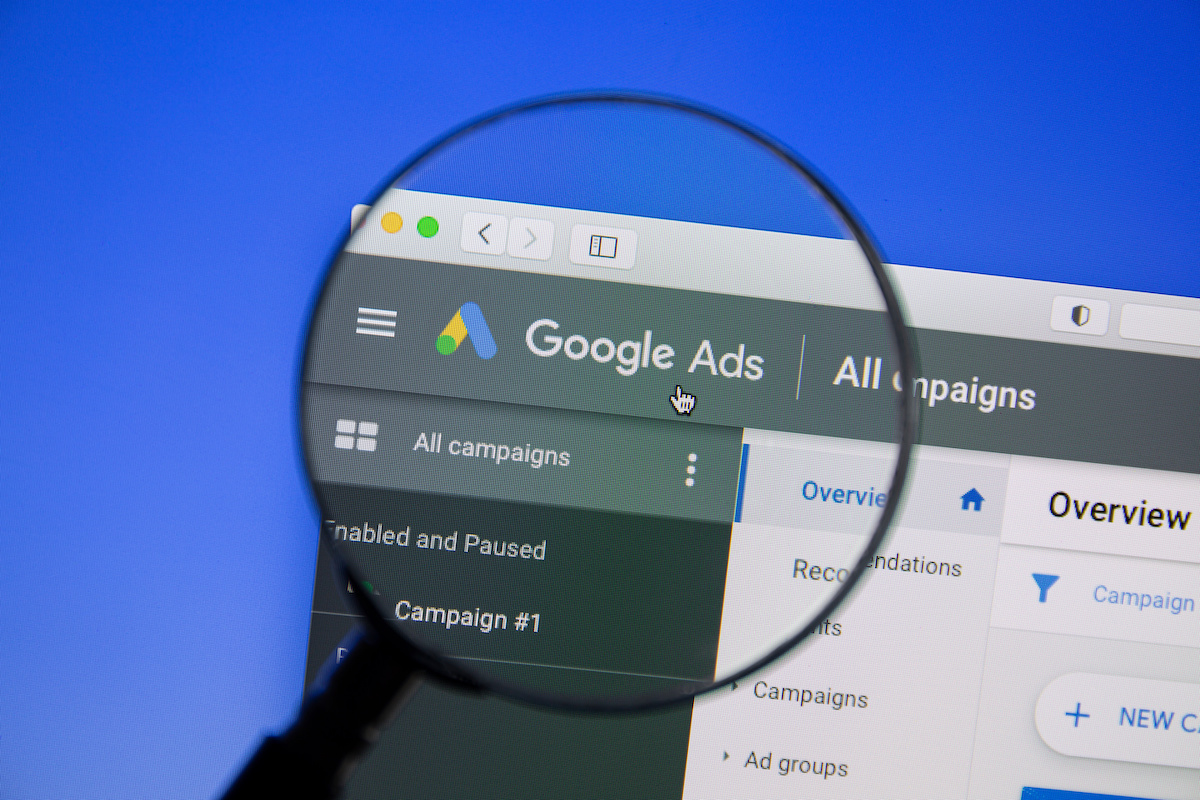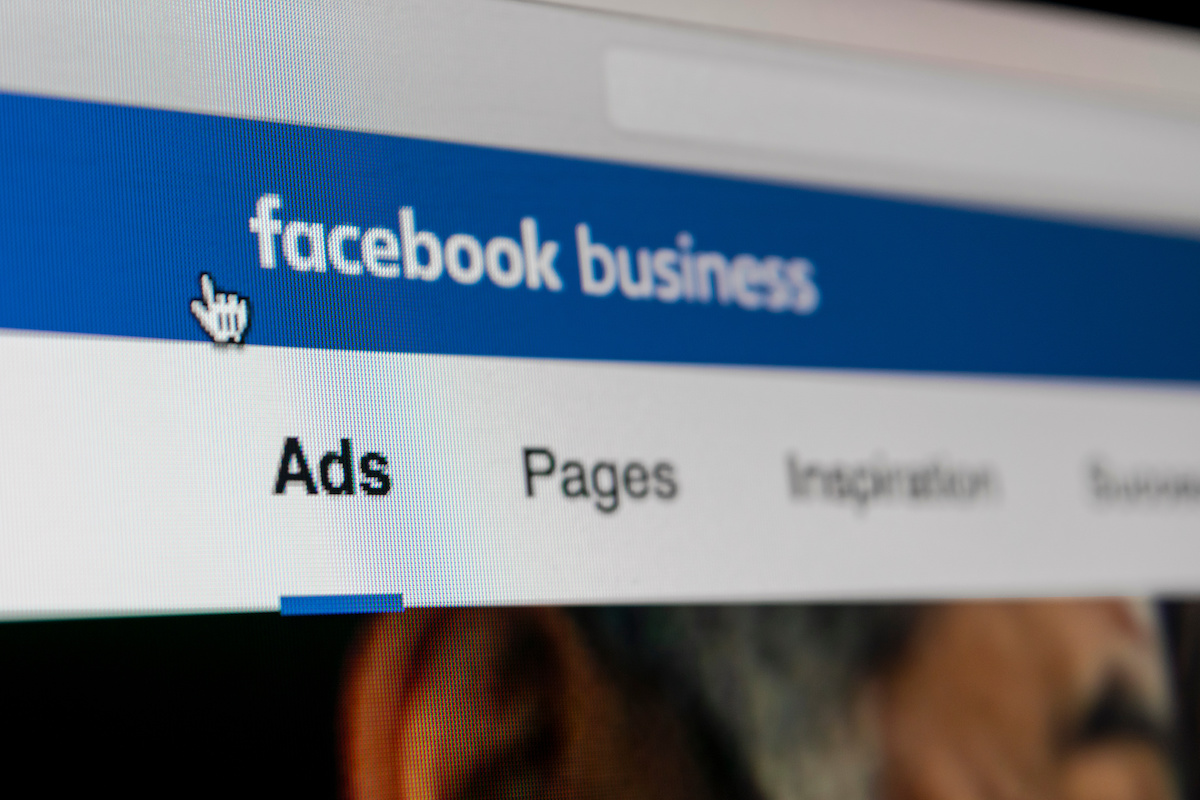
Digital marketing is always changing. This continuous movement forces businesses to follow trends and sift through strategies until they find what produces the best results. Right now, there is a battle between two of the most prominent platforms: Google Ads vs. Facebook Ads.
Both come with unique advantages and have the ability to boost your business’s online presence. However, figuring out which platform is right for your business depends on various factors. These factors include things like your:
- Target audience
- Budget
- Marketing goals
In this blog, we’ll take a closer look at the strengths and weaknesses of Google Ads and Facebook Ads to help you make an informed decision on which is best suited for your business.
Quick Look at Google Ads
Google Ads, formerly known as Google AdWords, is an online advertising platform created by Google. It allows businesses to create ads to pop up on Google’s search engine results pages (SERPs), YouTube, and other sites within Google’s Display Network. The primary advertising formats are:
- Search ads
- Display ads
- Video ads
- Shopping ads

Google Ads are Great for the Following
1. Intent-Driven Search
One of the biggest advantages of Google Ads is that it targets users based on their search intent. When someone types a query into Google, they are actively looking for information or solutions, making them more likely to convert.
2. Extensive Reach
Google processes over 3.5 billion searches per day. This immense reach allows businesses to connect with a vast audience.
3. Diverse Ad Formats
Google Ads offers a variety of ad formats including text ads, display ads, video ads, and shopping ads, providing flexibility in how you present your message.
4. Measurable Results
Google Ads provides detailed analytics and reporting tools that allow you to track the performance of your campaigns in real-time, making it easier to adjust and optimize your strategy.
5. High Conversion Rates
Due to the intent-driven nature of search ads, Google Ads often leads to higher conversion rates compared to other advertising platforms.
Google Ads Have Their Downsides
- Cost: Google Ads can be expensive, especially in highly competitive industries where the cost-per-click (CPC) can be quite high.
- Complexity: The platform has a steep learning curve. Effective campaign management requires a good understanding of keyword research, bid strategies, and performance tracking.
- Ad Fatigue: Users may become desensitized to text-based search ads over time, reducing their effectiveness.
Quick Look at Facebook Ads
Facebook Ads is the advertising platform of Facebook. It’s also the platform for ad placements on Instagram and Messenger. It allows businesses to create highly targeted ads based on user:
- Demographics
- Interests
- Behaviors
The primary ad formats include:
- Image ads
- Video ads
- Carousel ads
- Collection ads

Facebook Ads are Great for the Following
1. Precise Targeting
Facebook Ads excels in its ability to target specific audiences. You can narrow down your audience based on a wide range of criteria including age, gender, location, interests, and behaviors.
2. Visual Appeal
The platform’s ad formats are highly visual, making it easier to create engaging and eye-catching ads that resonate with users.
3. Cost-Effective
Compared to Google Ads, Facebook Ads can be more affordable, particularly for smaller budgets. The cost-per-click (CPC) is generally lower, making it a viable option for businesses with limited advertising funds.
4. Brand Awareness
Facebook Ads are excellent for building brand awareness and reaching users at the top of the sales funnel. The platform’s diverse ad formats allow for creative storytelling and brand engagement.
5. Social Proof
Ads on Facebook can benefit from social proof as users can like, comment, and share them, increasing their reach and credibility.
Facebook Ads Have Their Downsides
- Lower Conversion Intent: Users on Facebook are typically browsing for social content rather than actively searching for products or services, which can result in lower conversion rates compared to Google Ads.
- Ad Fatigue: Due to the highly visual nature of Facebook Ads, users may become quickly tired of seeing the same ads repeatedly, which can reduce their effectiveness over time.
- Algorithm Dependency: Facebook’s ad delivery is highly dependent on its algorithm, which can be unpredictable and sometimes difficult to optimize against.
Google Ads vs. Facebook Ads
To compare both platforms, we’ll look at audience targeting, cost, ad formats, conversion rates, and user experience. Each of these elements is essential to consider when selecting an advertising platform.
Audience Targeting
- Google Ads: Targets users based on keywords and search queries, capturing those with high purchase intent.
- Facebook Ads: Uses detailed demographic and interest-based targeting to reach users, which is ideal for brand awareness and engaging specific audience segments.
Cost
- Google Ads: Can be more expensive due to high competition for keywords, especially in competitive industries.
- Facebook Ads: Generally offers a lower cost-per-click, making it more budget-friendly for small to medium-sized businesses.
Ad Formats
- Google Ads: Offers a range of formats including text, display, shopping, and video ads, suitable for various stages of the buying cycle.
- Facebook Ads: Provides highly visual ad formats such as image, video, carousel, and collection ads, ideal for engaging and storytelling.
Conversion Rates
- Google Ads: Often achieves higher conversion rates due to intent-driven searches.
- Facebook Ads: May have lower conversion rates but excels in brand awareness and top-of-funnel engagement.
User Experience
- Google Ads: Ads appear as part of the user’s search experience, making them less intrusive.
- Facebook Ads: Ads are integrated into the user’s social feed, which can be more engaging but also more interruptive.
Choosing the Right Platform for Your Business
Here are just a few more pieces of advice for choosing Google Ads vs. Facebook Ads.
When to Choose Google Ads
- High Search Intent: If your business relies on capturing users who are actively searching for products or services, Google Ads is a strong choice.
- Competitive Industries: For industries with high competition and high-value keywords, Google Ads can provide the necessary visibility to stand out.
- Immediate Results: Google Ads can deliver quick results due to its extensive reach and intent-driven targeting.
When to Choose Facebook Ads
- Brand Awareness: If your goal is to build brand awareness and engage a broad audience, Facebook Ads are ideal.
- Targeting Specific Audiences: For businesses looking to target very specific demographics or interests, Facebook’s detailed targeting options are unmatched.
- Visual Marketing: If your business relies heavily on visual content, Facebook’s ad formats can help create more engaging campaigns.
Combining Google Ads and Facebook Ads
Many businesses find that a combination of both Google Ads and Facebook Ads provides the best results. By leveraging and combining the strengths of each platform, you can create a comprehensive marketing strategy. Ideally, it will cover all stages of the customer journey.
Integrated Approach
1. Top-of-Funnel Engagement: Use Facebook Ads to generate brand awareness and engage potential customers early in the buying cycle.
2. Mid-to-Bottom Funnel Conversions: Use Google Ads to capture users with high purchase intent and drive conversions.
Remarketing
- Facebook Ads: Retarget users who have visited your website but didn’t convert. This will help remind them of your products or services.
- Google Ads: Use remarketing lists for search ads (RLSA) to target users who have previously engaged with your site when they search for related keywords.
Need Help Deciding Google Ads vs. Facebook Ads?
Both Google Ads and Facebook Ads offer unique advantages and can be powerful tools in your digital marketing strategy. The key to choosing the right platform lies in understanding your:
- Business goals
- Target audience
- Budget.
Google Ads is a strong contender for capturing high-intent searches and driving immediate conversions. On the other hand, Facebook Ads are great for building brand awareness and engaging specific audiences with visual content.
Ultimately, the best approach may be to leverage both platforms to maximize your reach and impact. By using the strengths of both Google Ads and Facebook Ads, you can make sure your business is reaching and converting potential customers at every stage of the buyer’s journey.
At Hooked Marketing, we specialize in helping businesses navigate the complexities of digital advertising. Whether you’re looking to optimize your Google Ads campaigns or create compelling Facebook Ads, our team of experts is here to guide you every step of the way.
Contact us today to learn how we can help you achieve your marketing goals and drive your business forward.